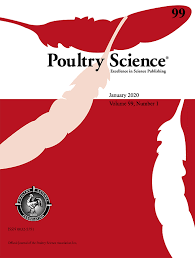Document type: Scientific review published in Frontiers in Veterinary Science
Authors: Juan Ramos, Joan Carles Balasch, Lluis Tort
Preview: Fish are the most phylogenetically ancient vertebrates and the most varied group in terms of genetic and morphological diversity. Hence, the considerations about fish welfare and the physiological bases for such welfare have been adopted always later than higher vertebrates and it has been more difficult to generalize protocols and methodologies. In recent years there has been a greater social sensitivity in terms of fish welfare, which has been reflected in an increasingly protective (European) legislation of fish, whether they are for aquarium trade (006/88/EU), production (standing committee of the European convention for the protection of animals kept for farming purposes: recommendation concerning farmed fish adopted by the standing committee on 5 December 2005) or research, (2010/63/EU https://eur-lex.europa.eu/eli/dir/2010/63/oj). This social defendant has been associated to a change in the growing scientific perspective and research regarding animal welfare. The development of different indicators for evaluating the status of the fish has resulted in a quantifiable set of parameters, either individually or for a given population. But some questions arise regarding welfare during earlier fish stages: When and how the fish start to experience stress and pain along development? Are stress and pain experiences in mature fish applicable to the earliest stages of development? In this contribution, we review the state of the art regarding the studies dealing with stress and welfare in eggs, larvae and early stages of fish. Provided that zebrafish, Danio rerio is, by far, the most used species in biomedical research, we focused this opinion paper in this species, although most of the conclusions can be applied to other species, such as medaka or killifish. By law only welfare of fish with independent feeding, should be considered, as they are protected by European directive, and considered legally as research animals. But the implications on welfare during the early stages (no independent feeding), can affect to the adults and further generations. Early stages welfare is not required by law but will affect the normal development and reliability of the research. Our conclusion is that current protocols of egg transport and larval handling, lack of solid analytical background and therefore there is a need of specific studies.




